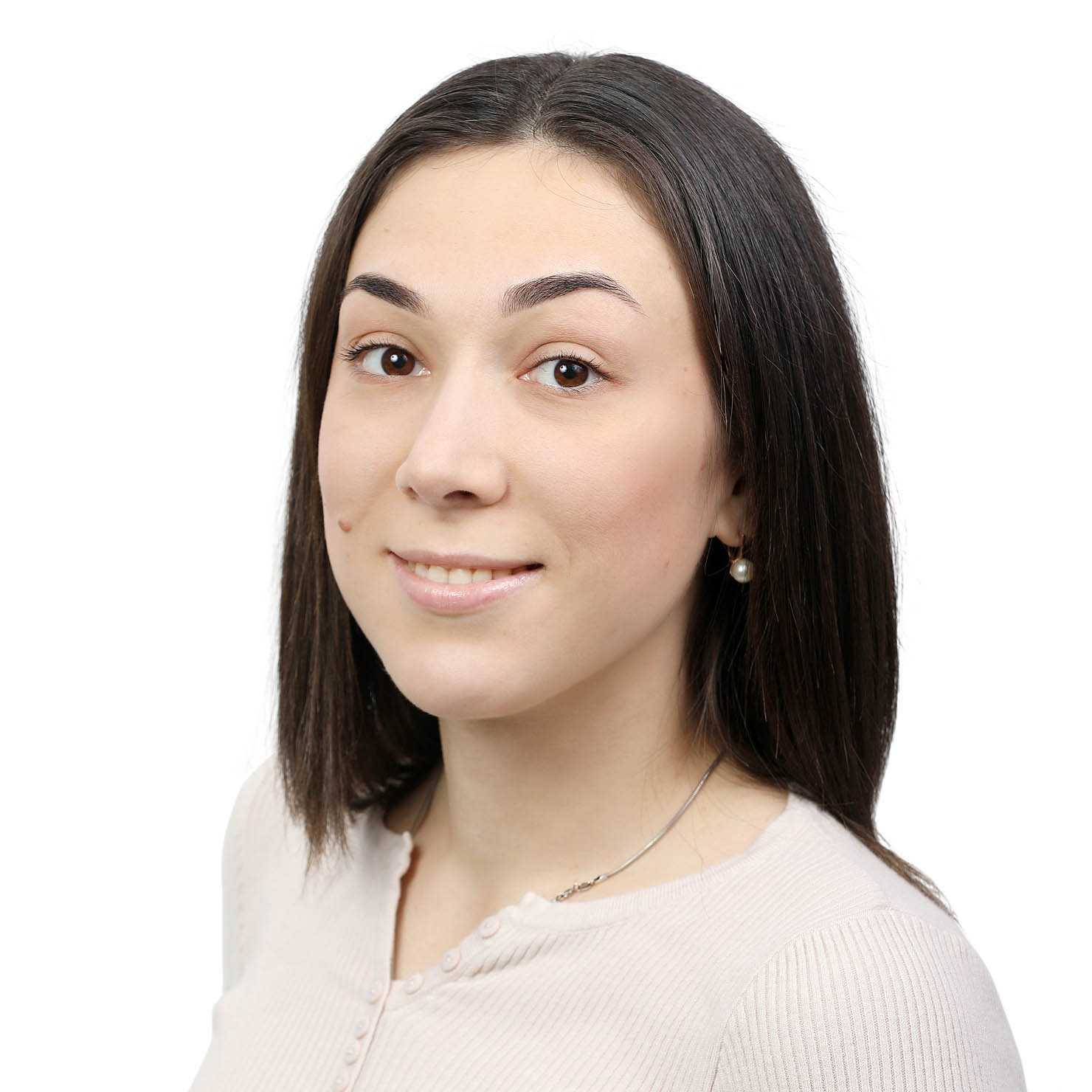Polyhydramnios during pregnancy: causes, consequences, treatment
Hydramnion (hydramnios) – excessive accumulation of amniotic fluid (amniotic fluid). Pathology is observed in approximately 1-1.5% of pregnant women. The diagnosis of "polyhydramnios" is made when the amniotic fluid index exceeds 24 cm. Chronic hydramnios is more common, when excess amniotic fluid accumulates gradually. In the acute form, the volume of amniotic fluid increases sharply (in a few hours or days). It is worth knowing how dangerous a large body of water is.
Causes of polyhydramnios
In most cases, it is difficult to establish the exact cause. Polyhydramnios during pregnancy can be caused by several factors at once.
Maternal reasons:
- diseases of the heart, kidneys;
- diabetes. The disease causes fetal hyperglycemia and, as a result, polyuria (fetal urine is the main source of amniotic fluid);
- multiple pregnancy;
- inflammatory diseases of the pelvic organs;
- hemolytic anemia.
Reasons of polyhydramnios due to fetal pathology:
- inability to swallow amniotic fluid in case of malformations of the gastrointestinal tract (atresia of the esophagus and duodenum);
- malformations of the central nervous system (hydrocephaly, anencephaly, meningocele);
- tracheoesophageal fistula;
- diaphragmatic hernias, for example, Bohdalek's hernia, in which the pleuro-peritoneal membranes are not developed and the stomach falls into the chest cavity. The consequence of the violation is that the fetus is unable to swallow a sufficient amount of amniotic fluid;
- fetal kidney disorders that lead to increased urine production, for example, with antenatal Bartter syndrome;
- chromosomal abnormalities such as Down syndrome and Edwards syndrome;
- skeletal dysplasia (dwarfism);
- sacrococcyal teratoma.
Symptoms of polyhydramnios
Clinical signs:
- abdominal enlargement;
- the size of the uterus is ahead of the gestational age;
- shiny skin with striae (stretch marks);
- shortness of breath;
- edema.
Symptoms are more pronounced in acute polyhydramnios: the abdomen increases rapidly, a pulling pain appears in the lower abdomen and in the perineum, shortness of breath increases. Chronic polyhydramnios during pregnancy is not so pronounced, because amniotic fluid accumulates gradually. A pregnant woman may feel fine, so hydramnios is often diagnosed during a routine ultrasound. Mobility, incorrect position, weak heart rhythm (dull heartbeat) of the fetus are noted. Ultrasound helps to detect large hypoechoic zones and to estimate the volume of amniotic fluid. Polyhydramnios during late pregnancy is manifested by a mismatch between the size of the uterus and the period of pregnancy.
Prolactin content in amniotic fluid is also determined for diagnosis. With polyhydramnios, its content is reduced (relative to the norm for a certain period of pregnancy).
Consequences of polyhydramnios
The prognosis for the fetus is unfavorable. Perinatal mortality is about 50%. The main causes of death are prematurity and malformations. The consequences of polyhydramnios for the child are intrauterine hypoxia, suffocation by the umbilical cord, the development of pneumopathy of newborns, hypotrophy (body weight deficit), hyperglycemia.
With polyhydramnios, the risk of complications during childbirth increases significantly:
- improper position of the fetus;
- premature acquisitions;
- premature rupture of fruit membranes;
- prolapse of the umbilical cord;
- detachment of the placenta.
Risks are usually proportional to the amount of accumulated amniotic fluid. The consequences of polyhydramnios for a woman are hypertension, respiratory failure, postpartum bleeding.
How is polyhydramnios treated
Treatment of polyhydramnios is carried out when there is a threat of premature birth or acute respiratory failure in a pregnant woman. To eliminate polyhydramnios, repeated amniocentesis is used - a puncture in the amniotic membrane and collection of amniotic fluid. If the condition is caused by fetal polyuria, the pregnant woman is prescribed a short course of indomethacin. When diabetes is detected in the mother, hypoglycemic therapy is selected to correct the level of glucose in the blood. Antibacterial drugs are prescribed for suspected inflammatory disease. If the cause of the pathology is not established, normalization of utero-placental blood flow is carried out. Antiplatelet agents, vitamins, and antispasmodics are usually prescribed. Read more about the treatment of hydramnios on our website Dobrobut.com.
Related services:
Planning a child
Gynecologist consultation during pregnancy


















